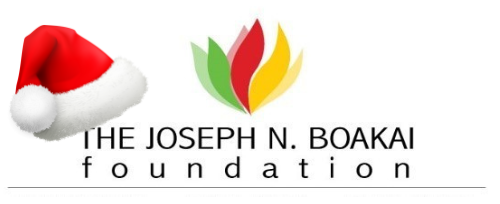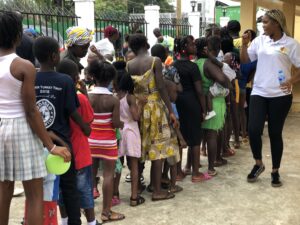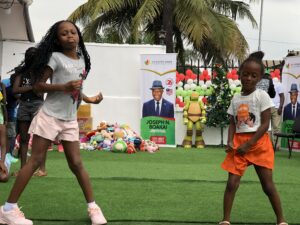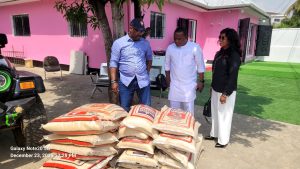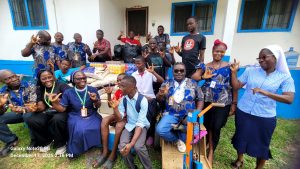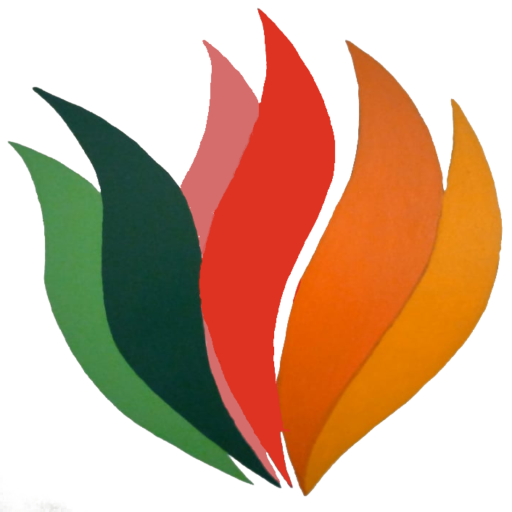Women & Youth Empowerment
Facilitating access to vocational and technical training
According to data, youth constitute about 60% of Liberia’s population. While a youthful population presents good long term prospects for sustainable economic development, the current outlook for youth development appears bleak. Youth unemployment is said to be as high as 85%. Many of the unemployed include former fighters and child soldiers from the 15 year civil conflict. Teenage pregnancy hovers around 40%. The dropout rate for teenage girls beyond primary school in rural areas remains high.
Scientists have warned that the Mano River Sub-region is experiencing rural-urban demographic transitions which increase the likelihood of emerging infectious disease outbreaks on national and global scale. These unplanned demographic transitions and forced urbanization put pressure on already weak and inadequate facilities in the urban areas and contribute to rapid increase in urban slums and unsanitary conditions. Women and girls, especially in the rural areas, are nearly half of the population, with female-headed households estimated as greater than 50%. However, a 2016 report gave a gloomy assessment of gender development, indicating that 44% of women aged 15 to 49 have experienced violence since the age of 15; 29% have experienced violence in the past 12 months; 17.6% have experienced sexual violence in their lifetime; and 10% state that their first sexual experience was forced against their will.
The Joseph Nyuma Boakai Foundation will therefore:
Work with youth organizations, motorcycle groups, Yana Boys Association, Wheelbarrows Association, and other such groups, to empower members through their respective activities; Facilitate access to vocational and technical training; Source scholarships for deserving youth in basic, technical and vocational education; Facilitate access to quality education through enabling learning environment; Organize tournaments and sports training programs; Promote all activities leading to gender development, including basic literacy; Help to expose and eliminate violence against women and girls, including Sexual and Gender-based Violence (SGBV), Domestic Violence, Rape, etc.; Provide youth and gender-friendly medical services; and Contribute to business planning, savings and credit training, and access of microloans for women and girls.
